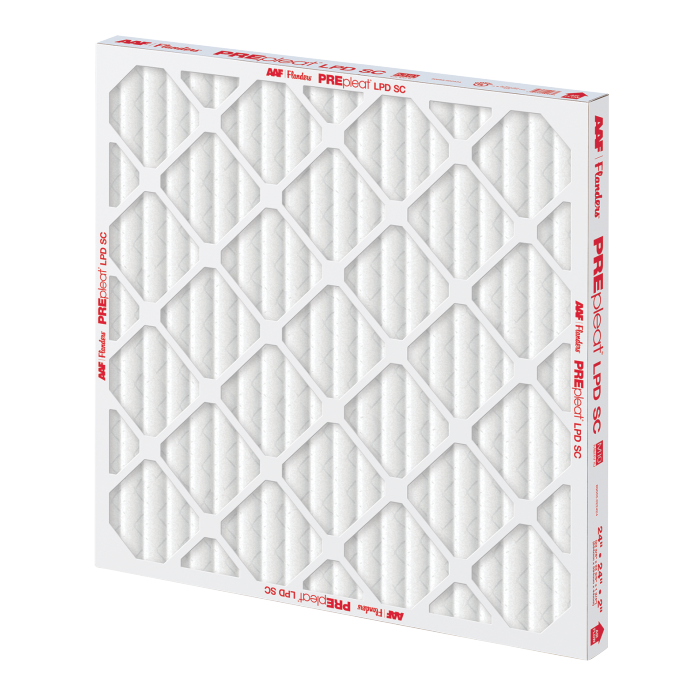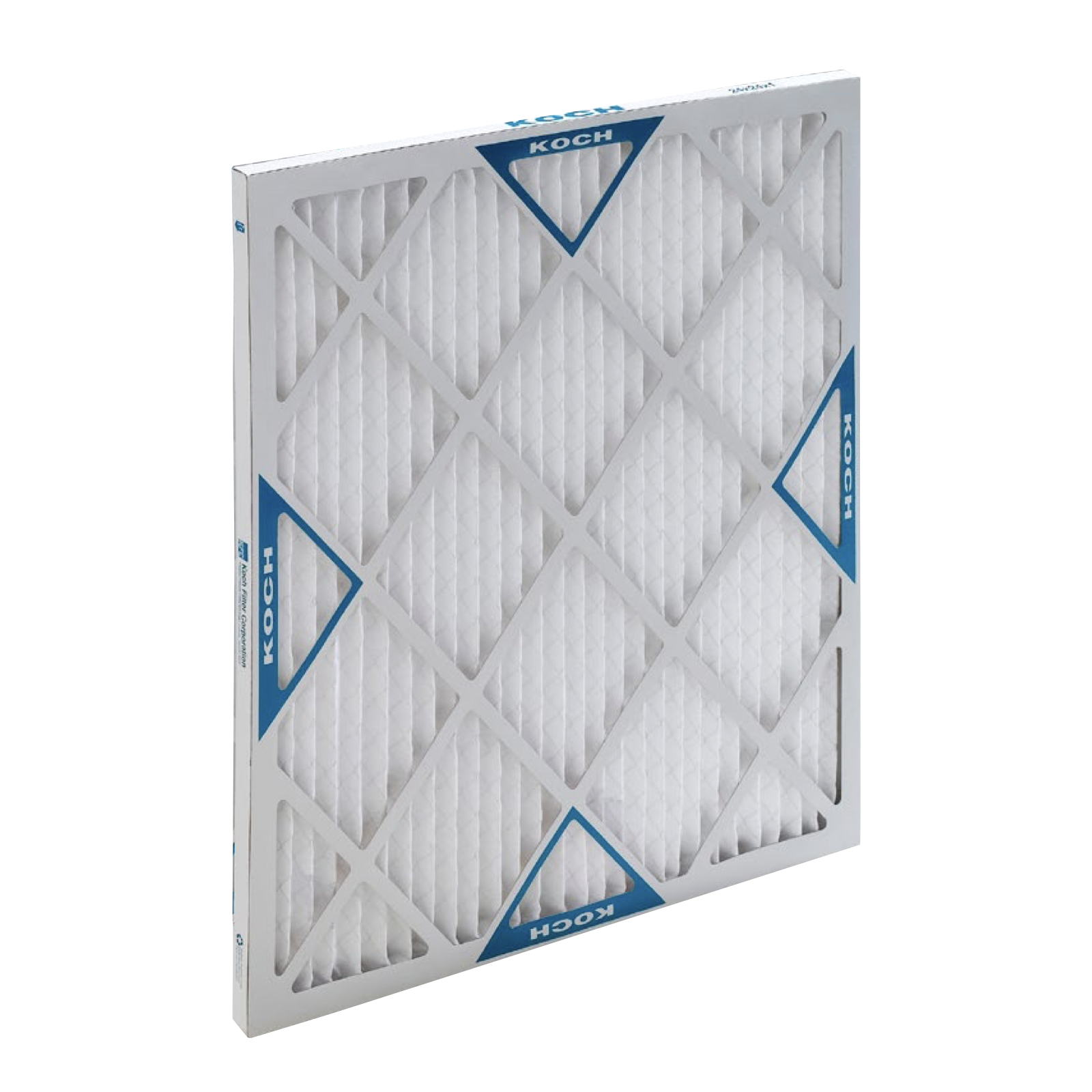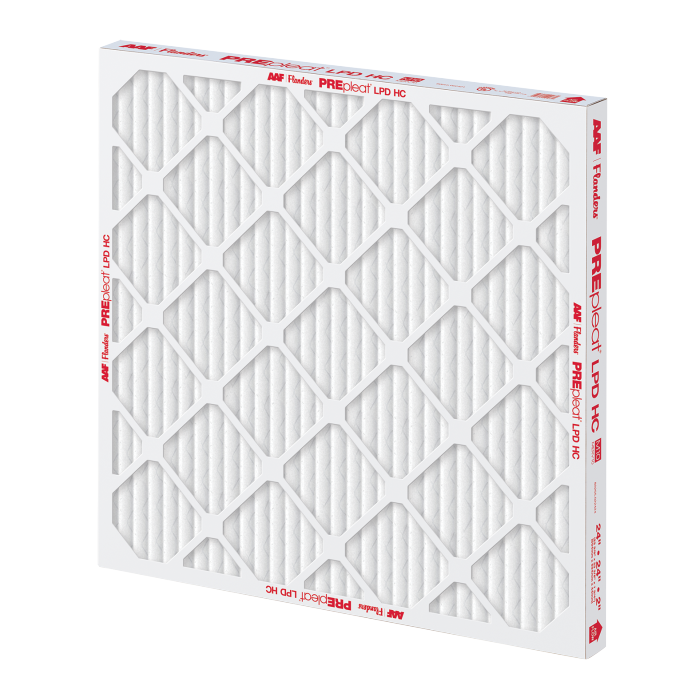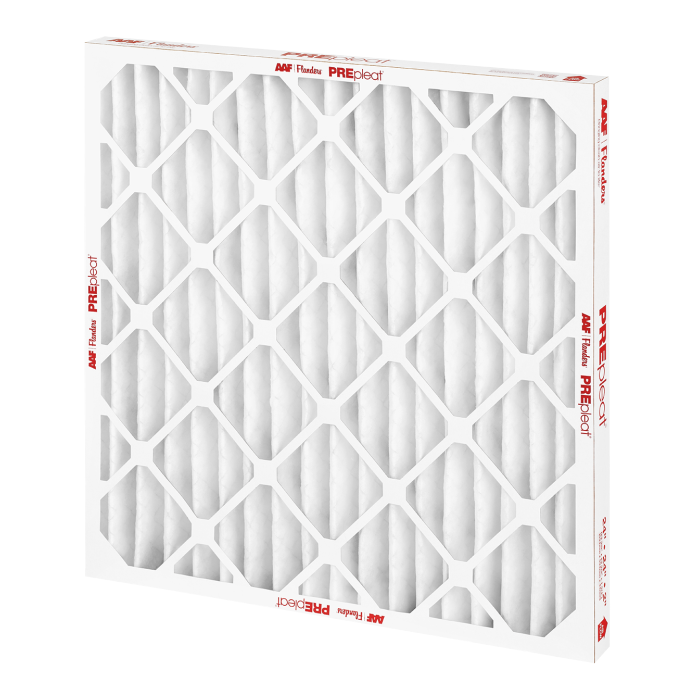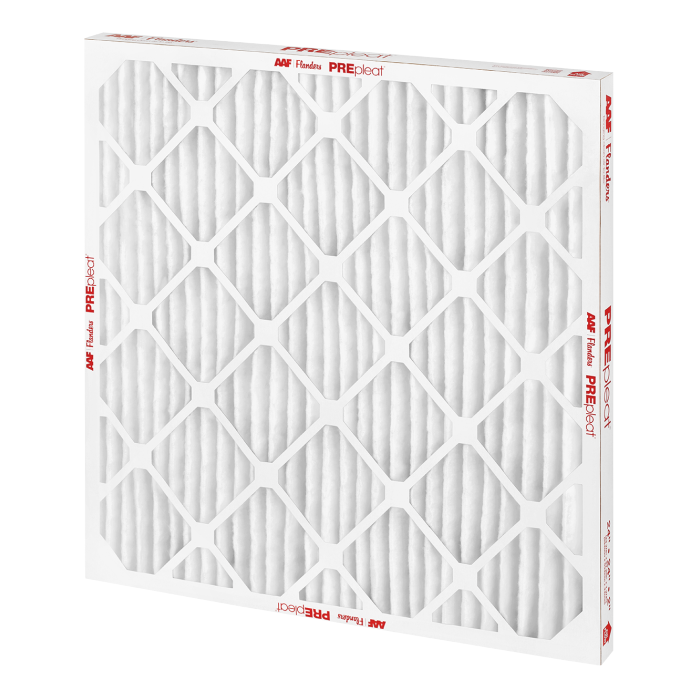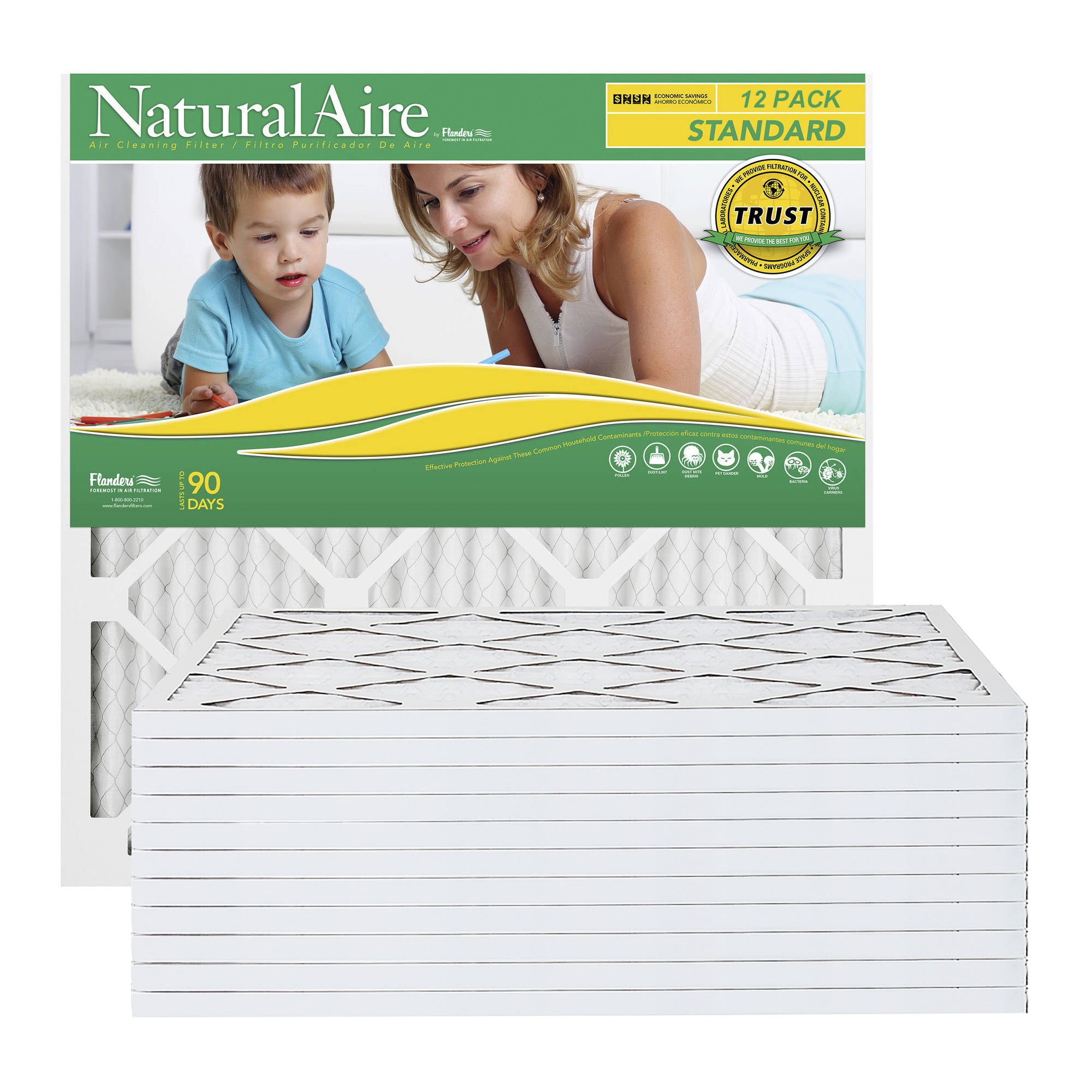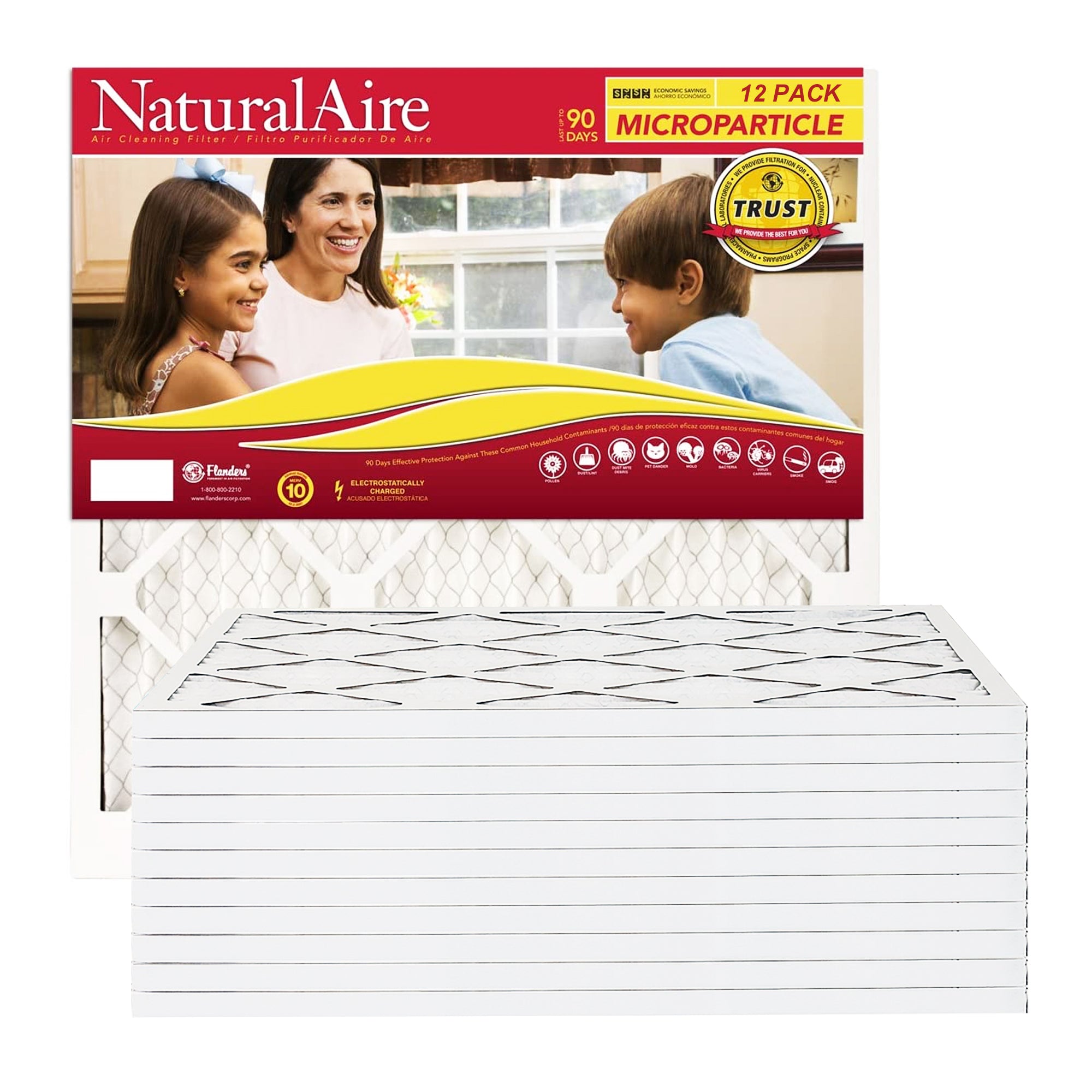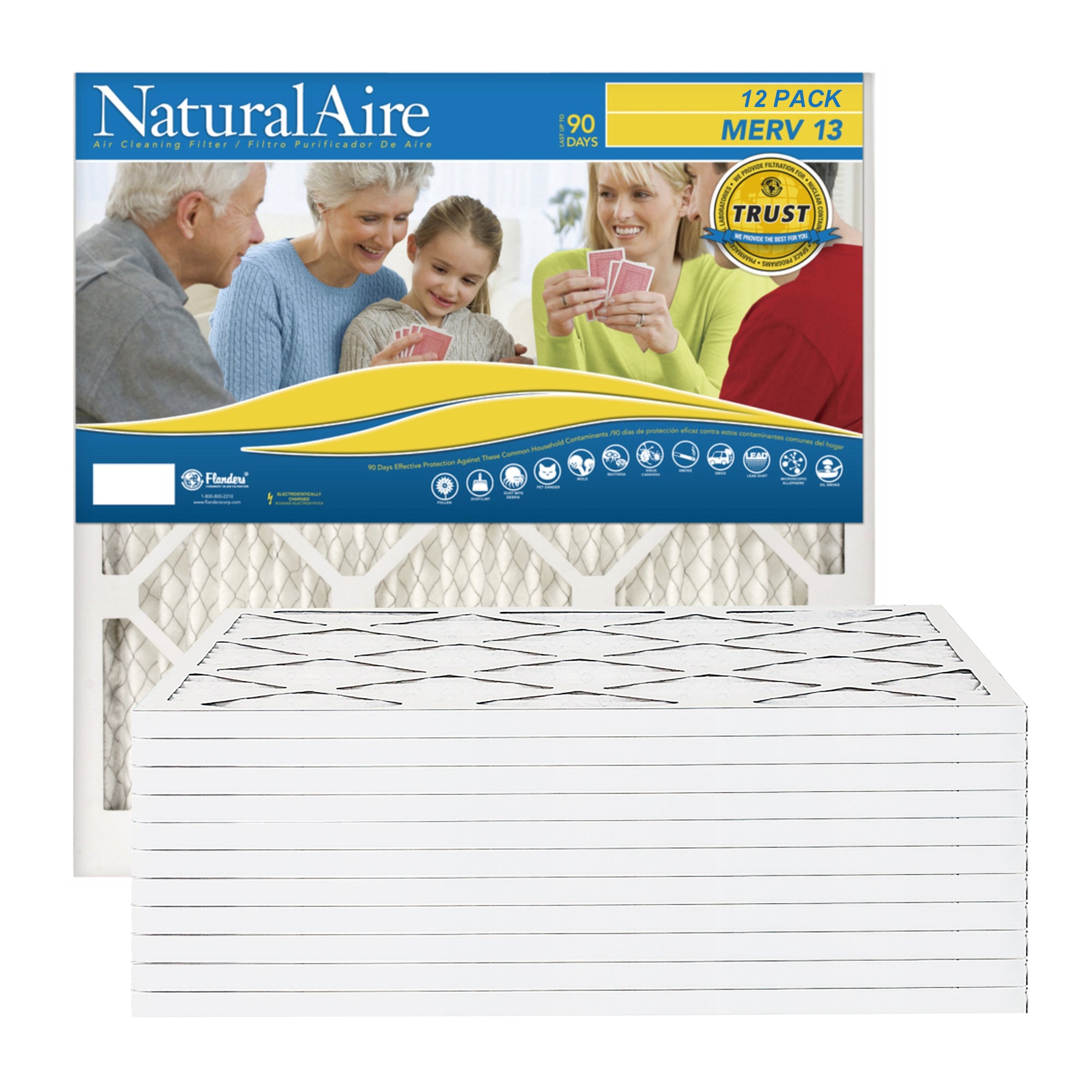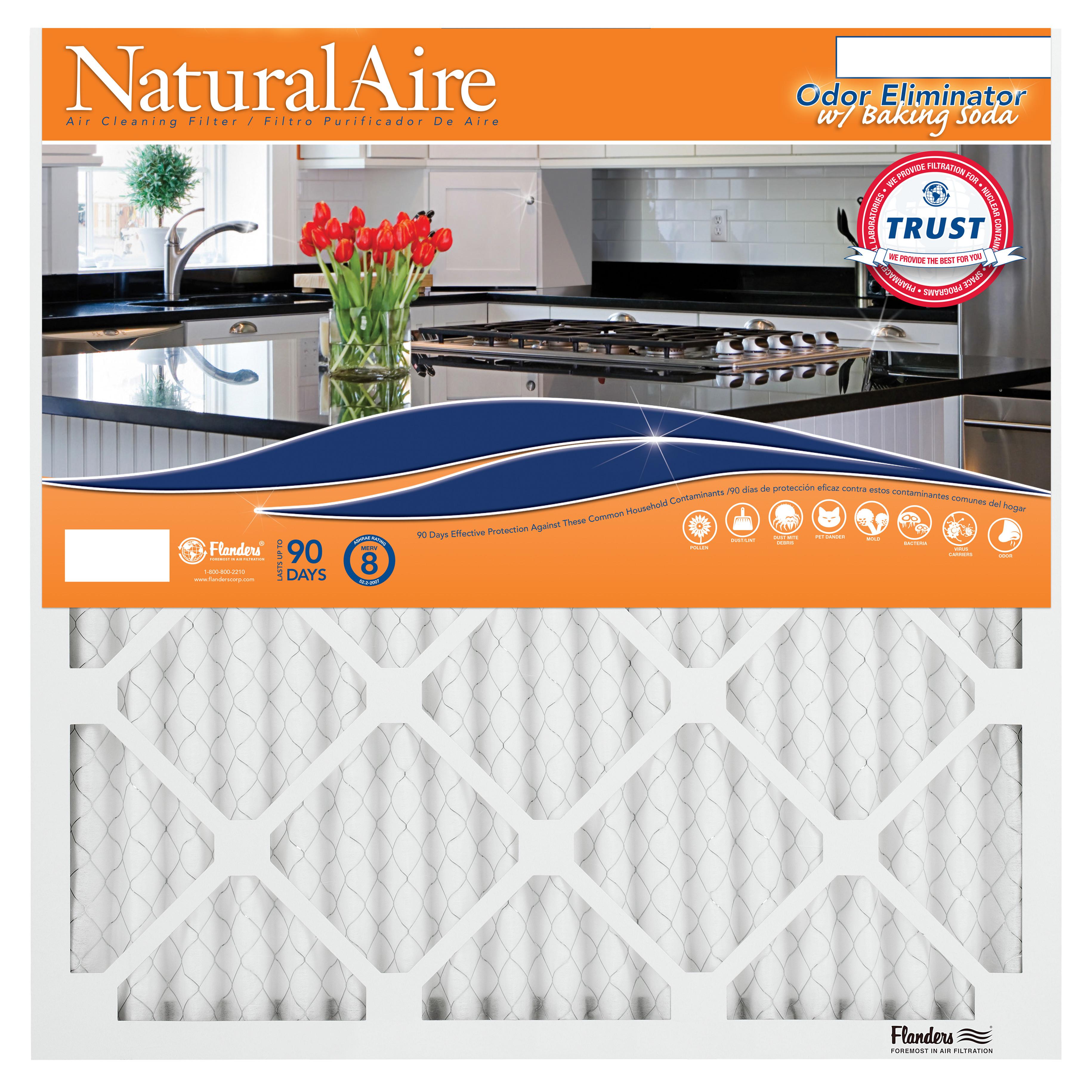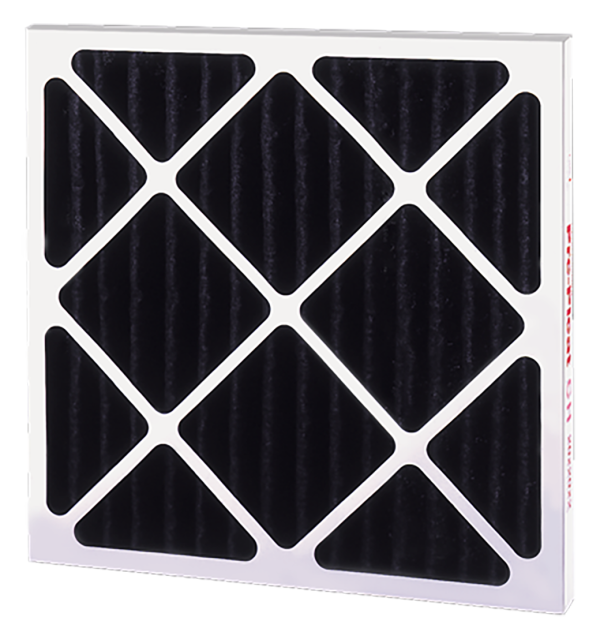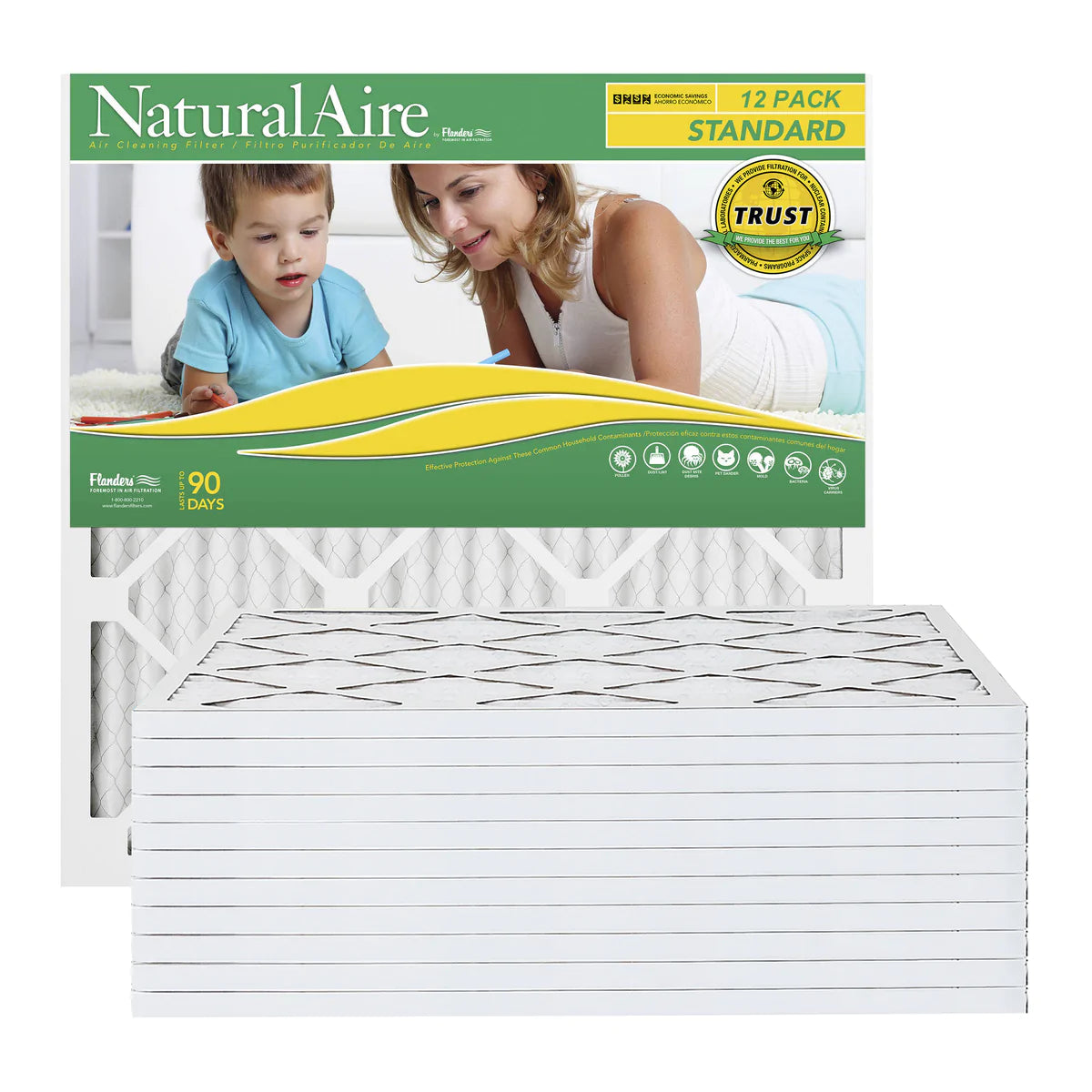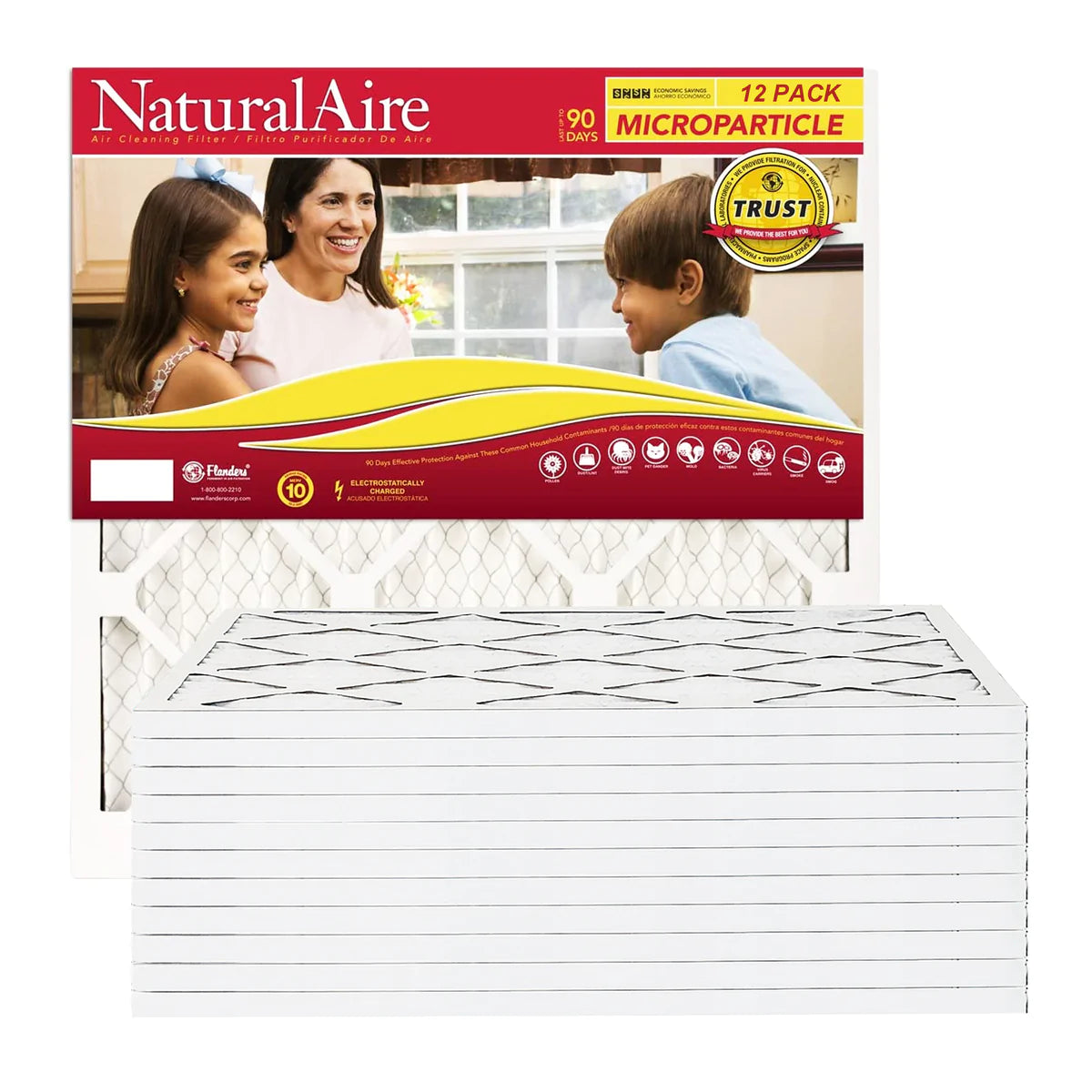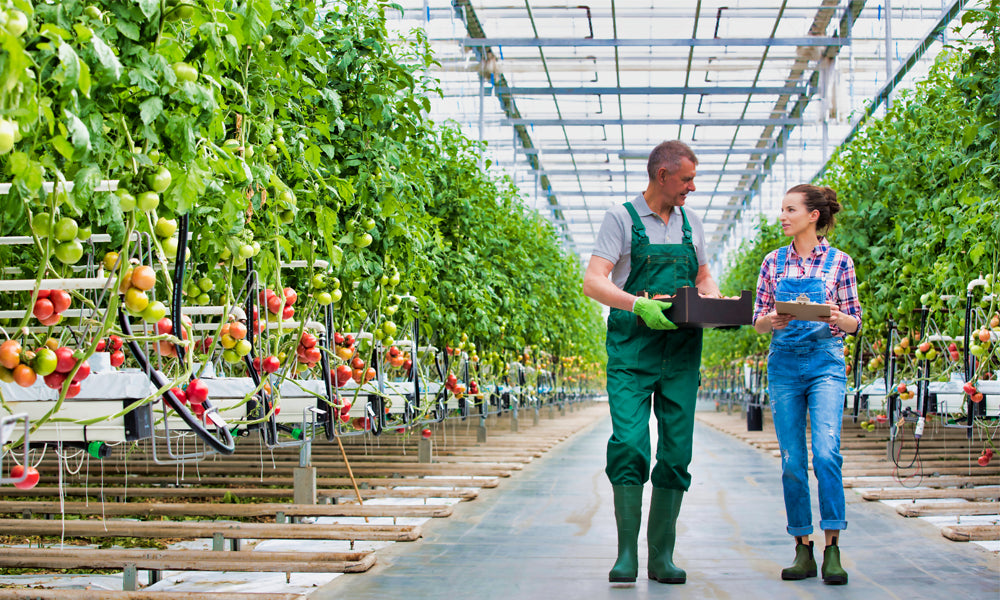Maintaining your HVAC system is crucial to keeping your home comfortable and your air clean. One of the most important, yet often overlooked, aspects of HVAC maintenance is regularly changing your air filters. But how often should you be doing this? The answer depends on various factors, including the type of filter you use, your household, and even the time of year. In this guide, we'll walk you through the optimal filter-changing schedule to ensure your system runs efficiently all year round.
Why Changing Your HVAC Filter is Important
Before diving into the schedule, let's discuss why this task is so critical. HVAC filters trap dust, pollen, pet dander, and other airborne particles, preventing them from circulating through your home. Over time, these filters can become clogged, reducing the system's efficiency and potentially leading to higher energy bills. A dirty filter can also strain your HVAC system, leading to costly repairs or even premature failure.
Seasonal Filter Changing Guide
- Spring: Every 1-2 Months
Springtime brings an influx of pollen and allergens, making it one of the most crucial times to change your filter. If anyone in your household suffers from allergies, consider changing the filter every month during this season.
- Summer: Every 1-3 Months
During the summer, your HVAC system works hard to keep your home cool. If you have pets or live in a particularly dusty area, change your filter every month. Otherwise, you might be able to stretch it to two or three months.
- Fall: Every 2-3 Months
As the weather cools, your HVAC system gets a bit of a break. However, with leaves and other debris potentially entering your home, it’s still essential to check your filter regularly. For most households, every two to three months should suffice.
- Winter: Every 1-2 Months
When the heater is running, you want to ensure your system is operating at peak efficiency, especially during cold snaps. Change your filter every one to two months to keep warm air flowing freely.
Factors That Can Affect Filter Longevity
- Type of Filter: Higher MERV-rated filters tend to trap more particles but can also clog faster, requiring more frequent changes.
- Household Size: More occupants usually mean more dust and debris, which can fill up a filter quicker.
- Pets: Pet hair and dander can significantly shorten the life of your HVAC filter, necessitating more frequent changes.
- Allergies or Asthma: If someone in your home has respiratory issues, it’s best to change filters more often to ensure the air remains as clean as possible.
Don’t Forget to Stock Up!
Regularly changing your HVAC filters is key to maintaining a healthy and efficient home environment. To make it even easier, RememberTheFilter.com offers a wide range of high-quality filters tailored to your needs. Whether you need a MERV 8, MERV 11, or any other specification, we have you covered.
Shop Now and ensure your home stays comfortable and your air stays clean, no matter the season.


